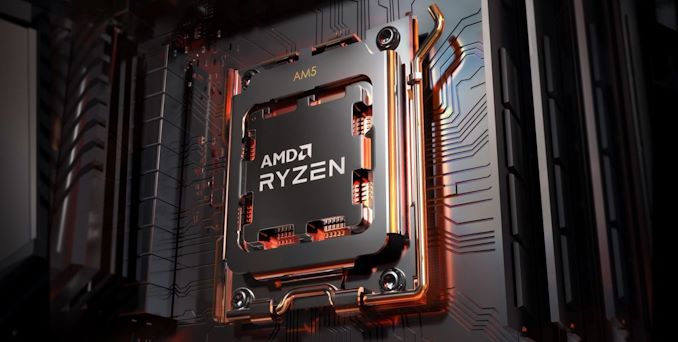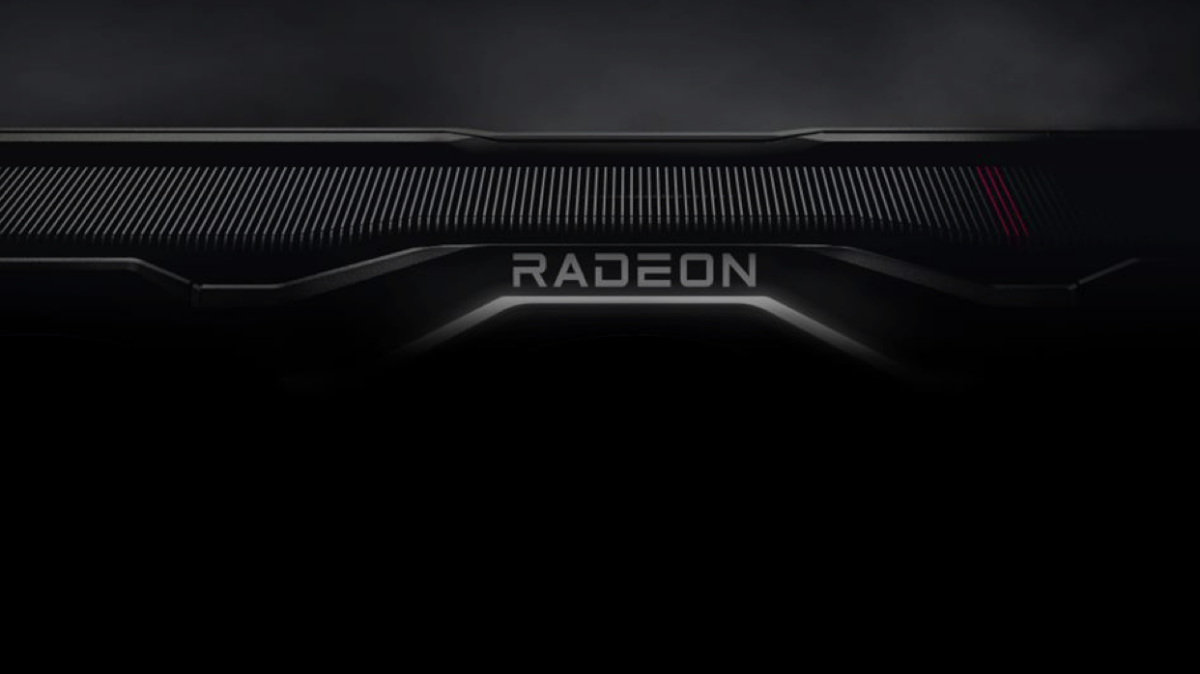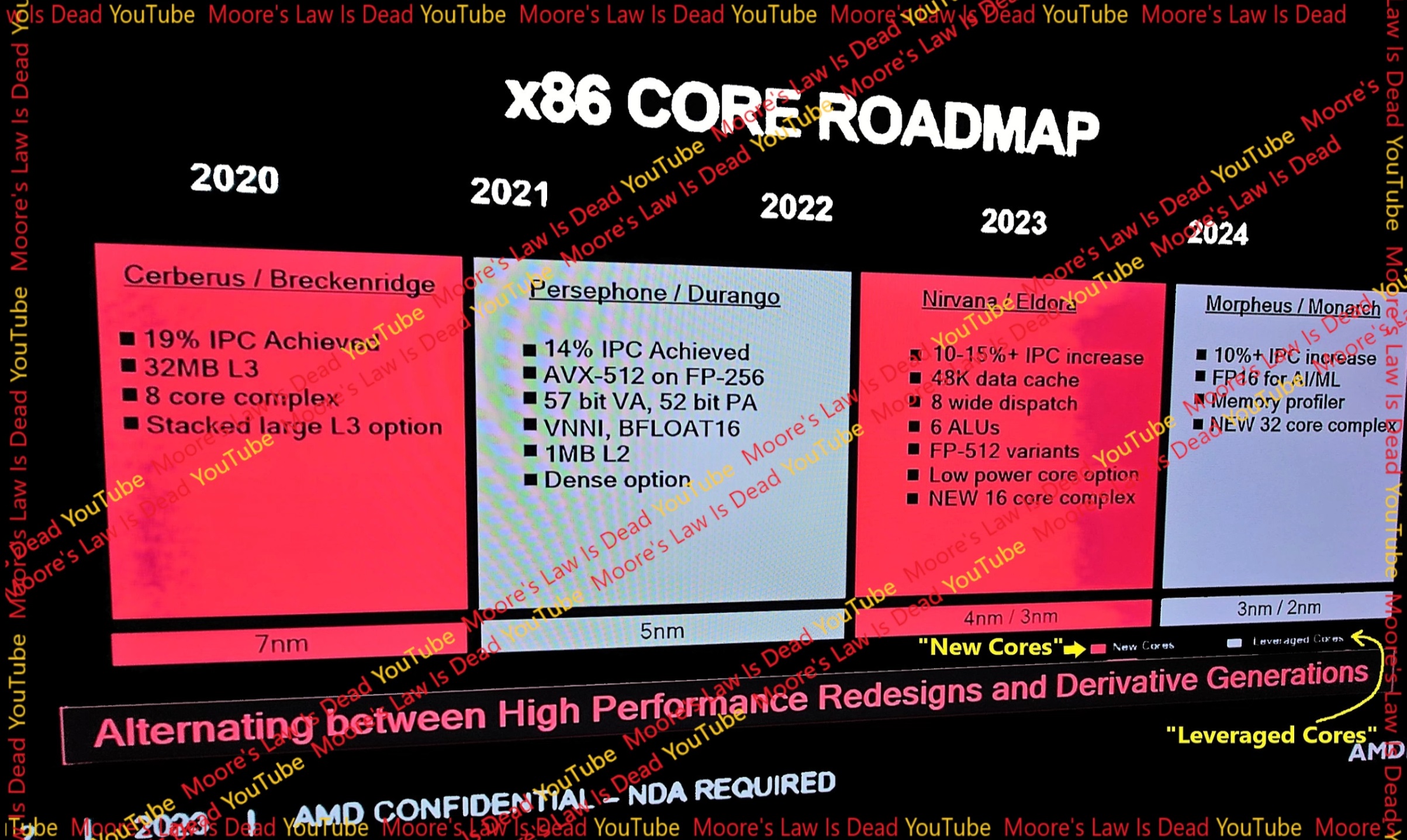...they'd might as well go after VIA instead [who still has a valid x86 license as far as I'm aware].
But yeah, people forget that prior to Ryzen launching, AMD had debts about to come due in excess of the companies total value, and were loosing an uncomfortable amount of money to boot. Ryzen was legit AMDs last shot, and to their credit they absolutely nailed it. Even then, their financial situation still isn't what I'd consider "good" [they still have a lot of outstanding debt], but at least they're out of "immanent bankruptcy" territory.
As Invalid pointed out, if Intel's bet with 10nm had paid off we'd be seeing quite the competitive CPU market right now. But it didn't, and combine that with the fact Intel really can't squeeze more out of the -Bridge architecture Intel's in a bit of a tight spot. At this stage, once they "finally" get their fabs up to snuff they should seriously start designing something new.




